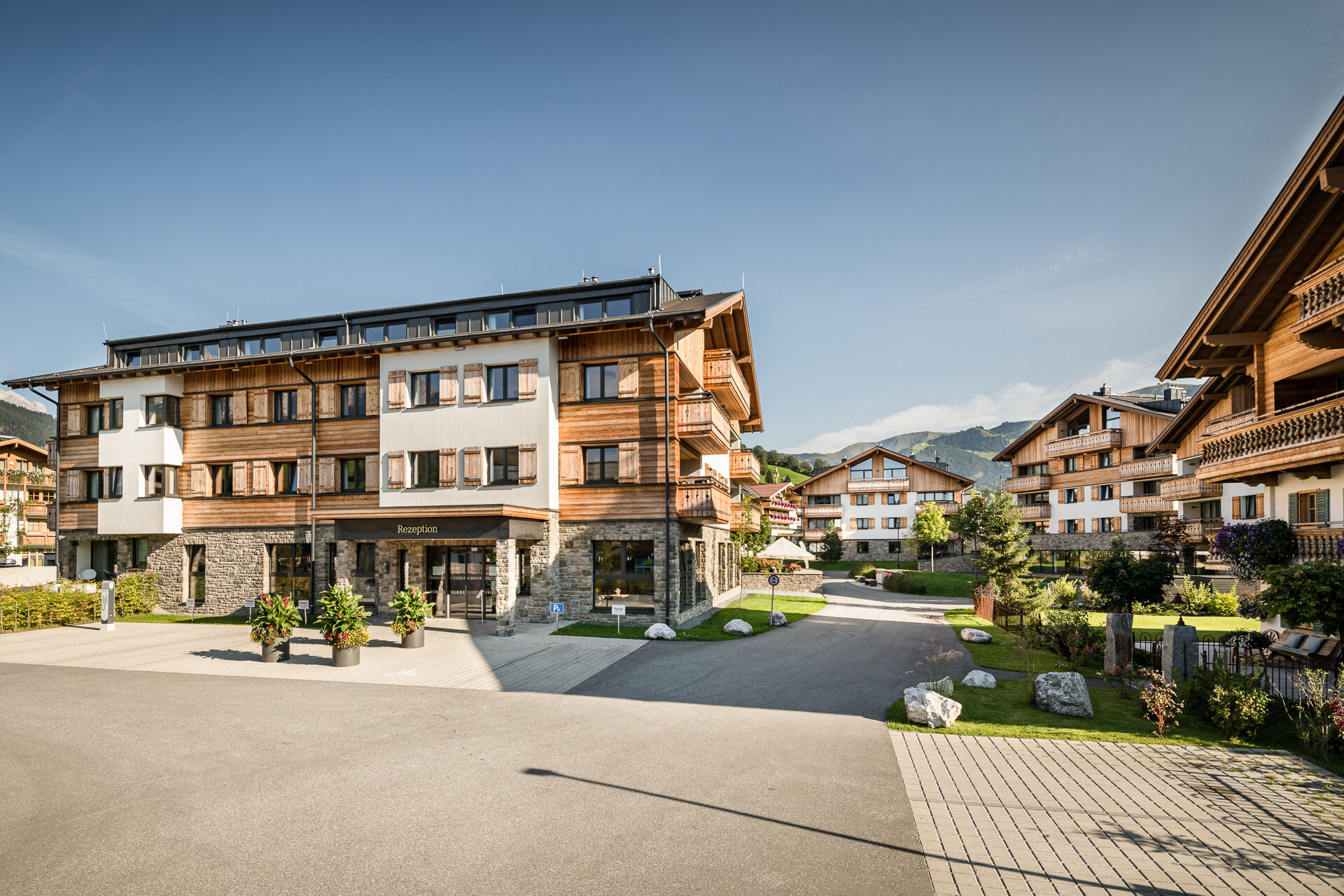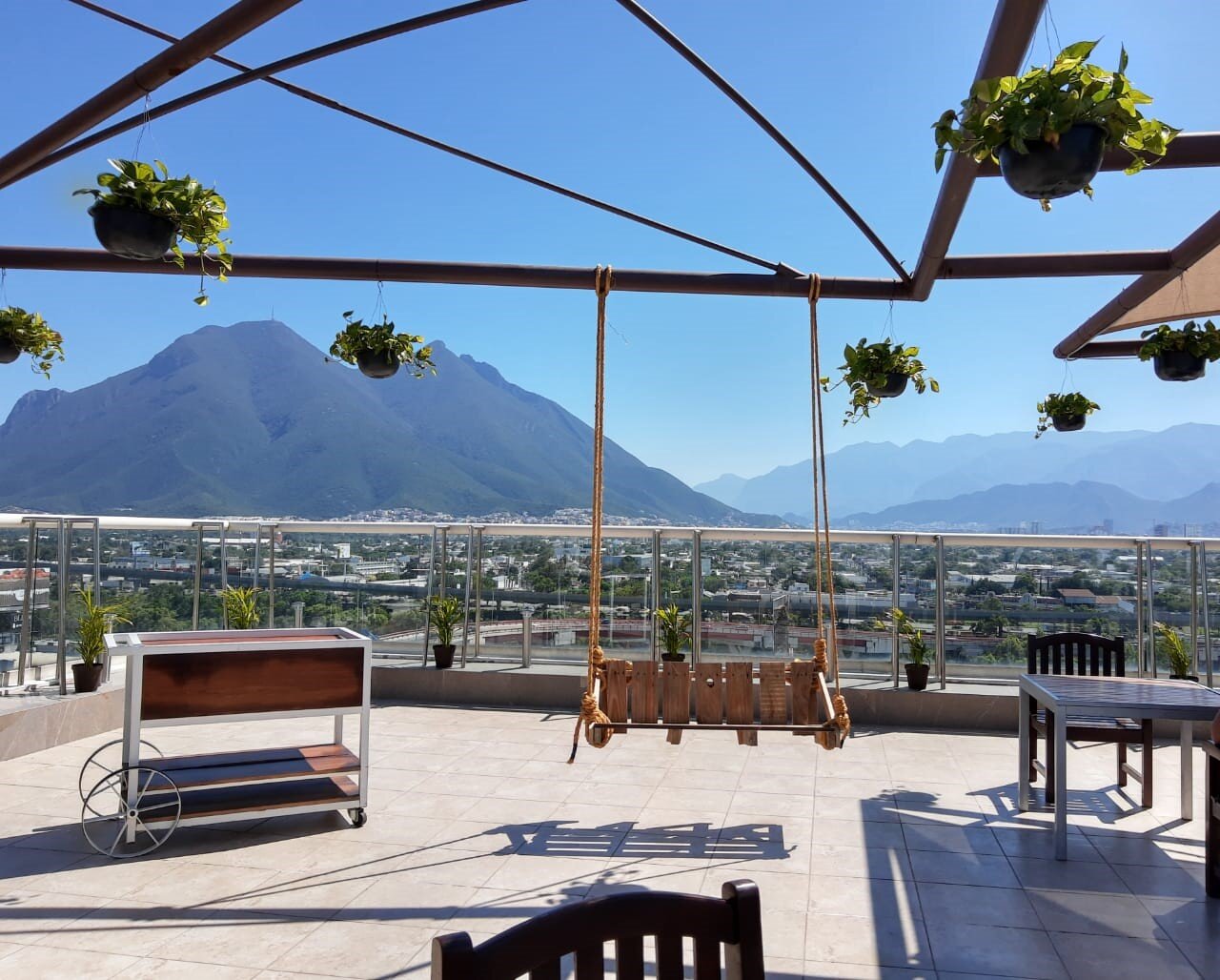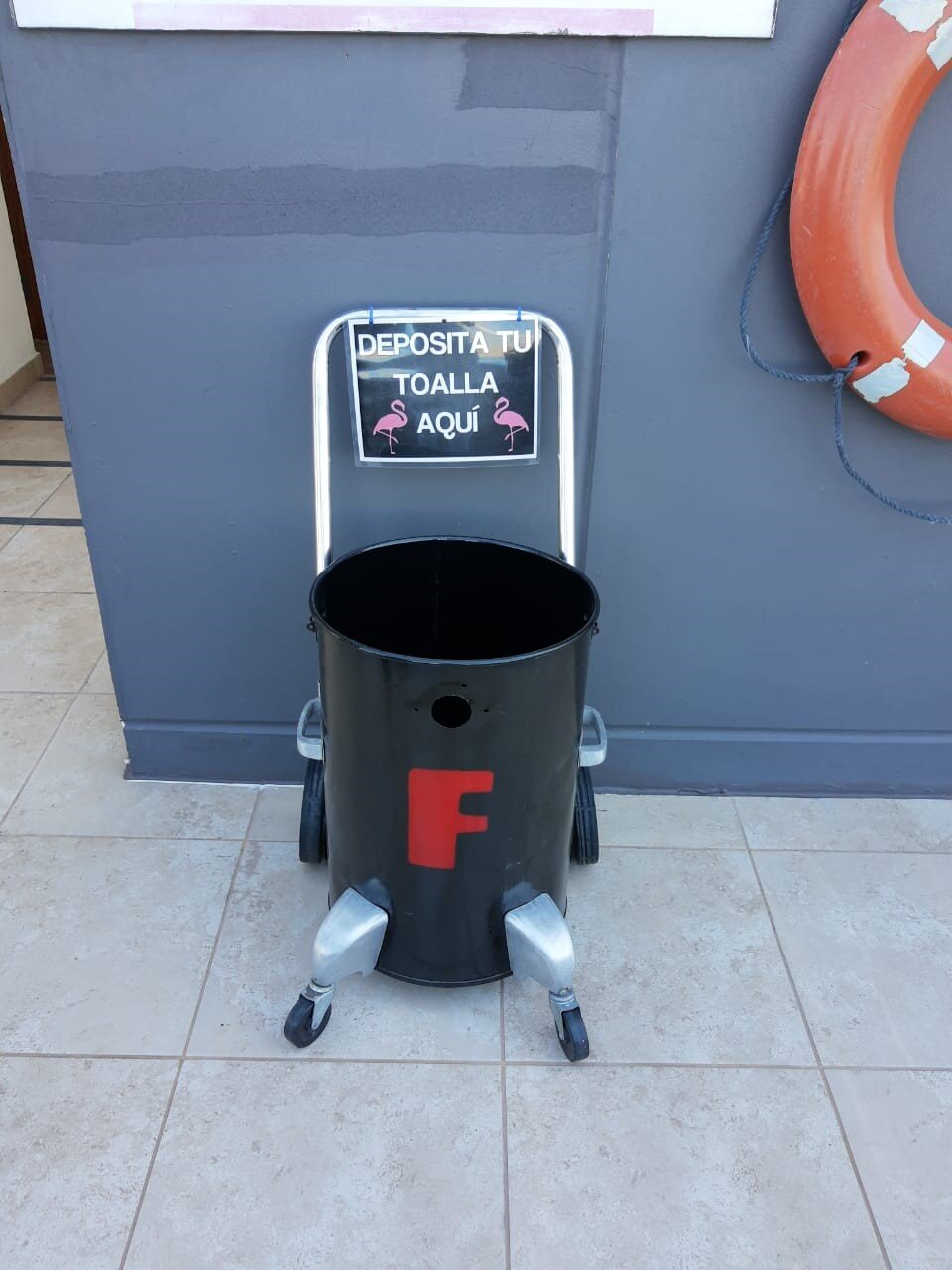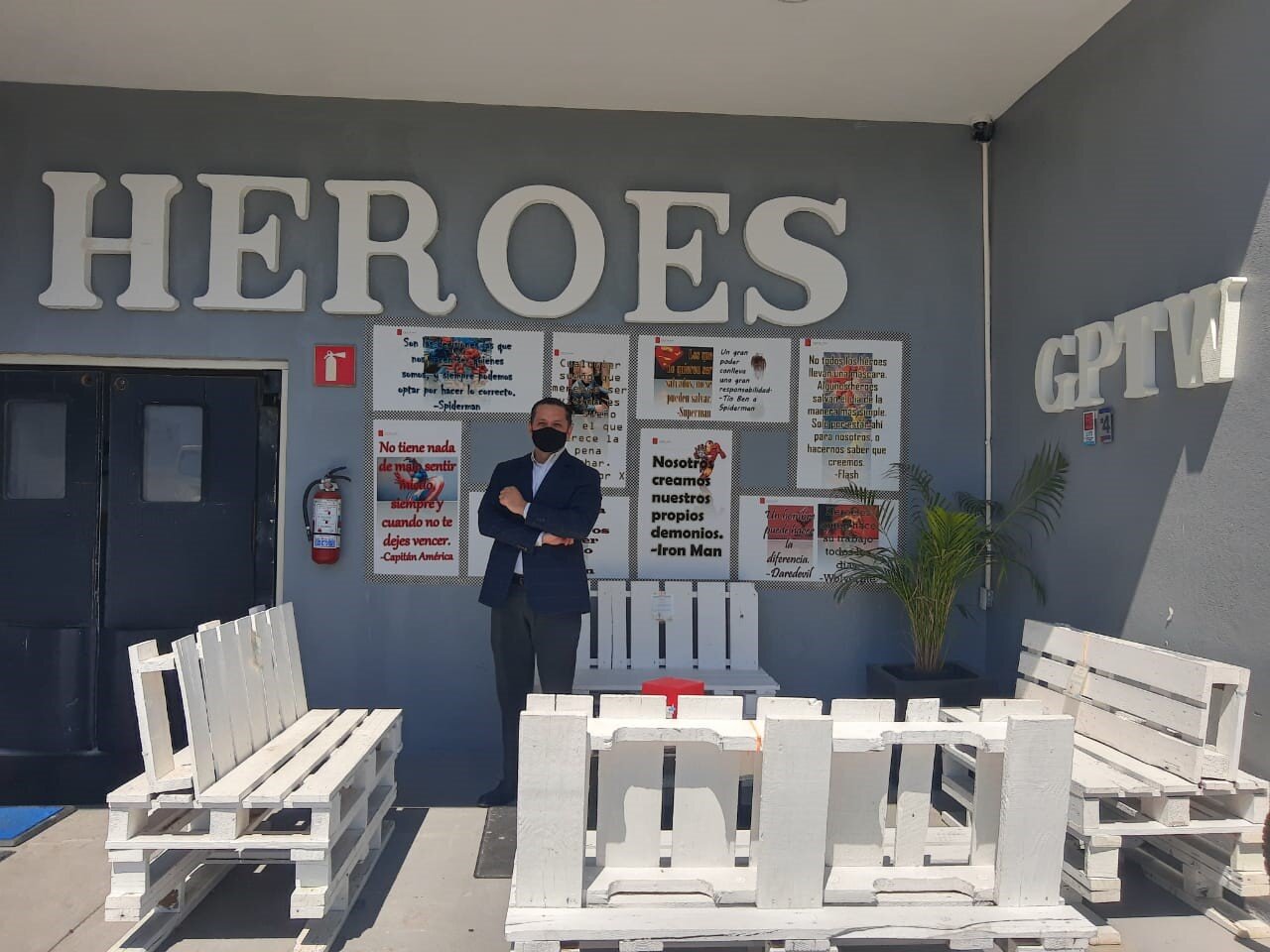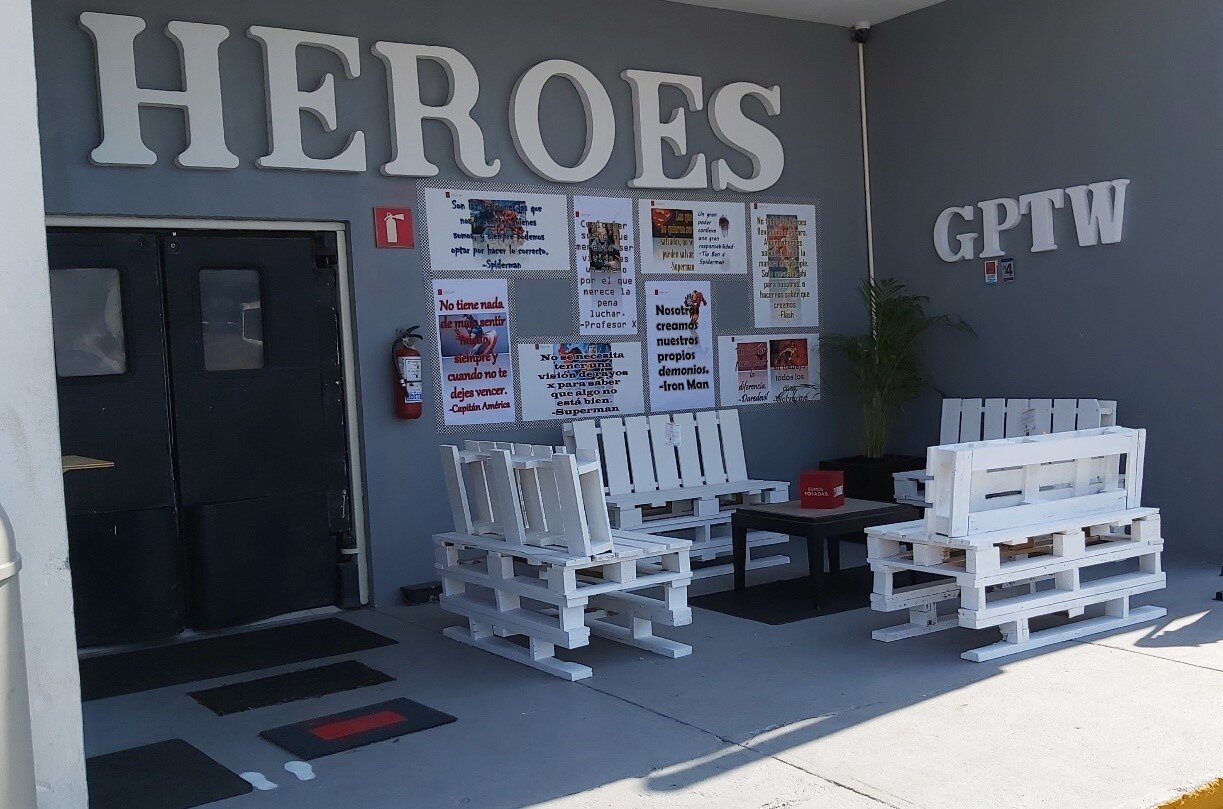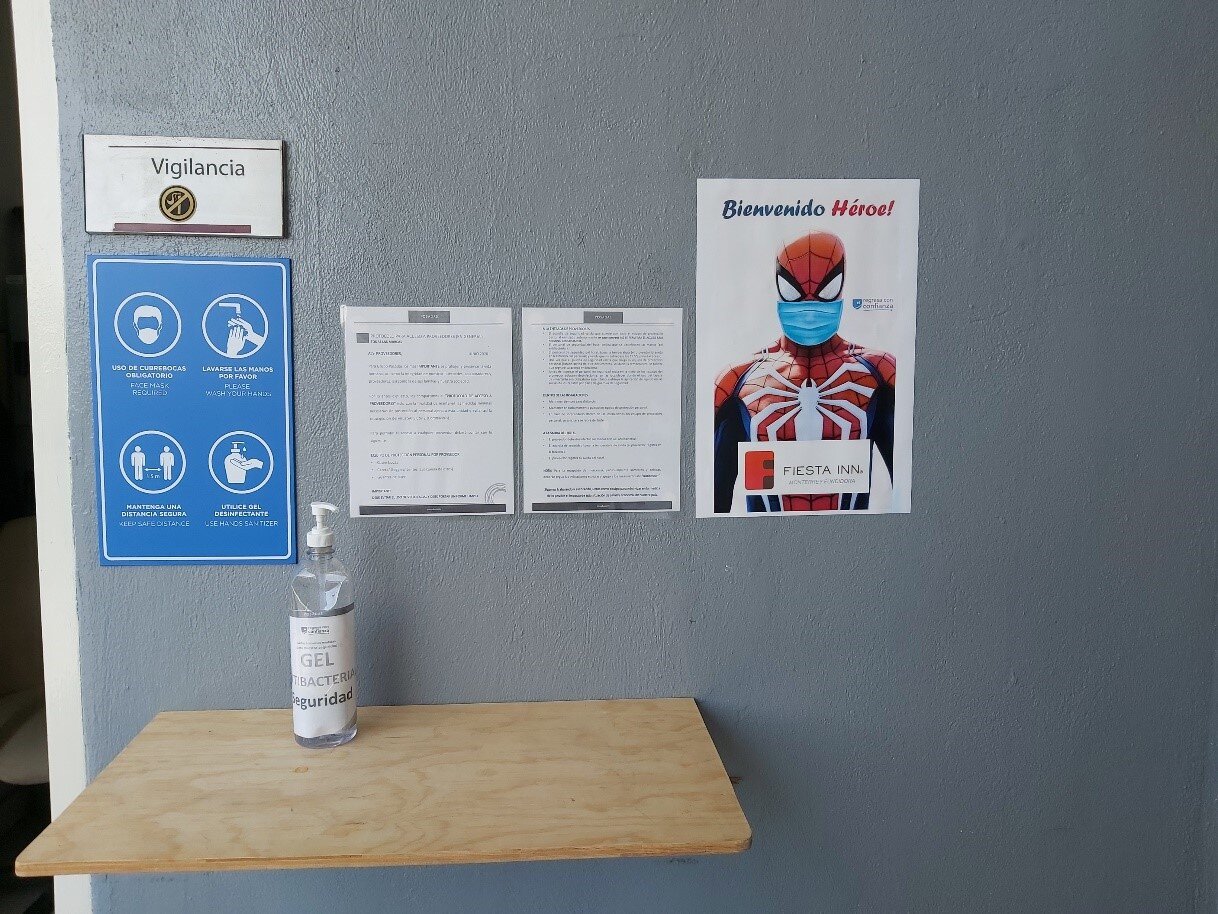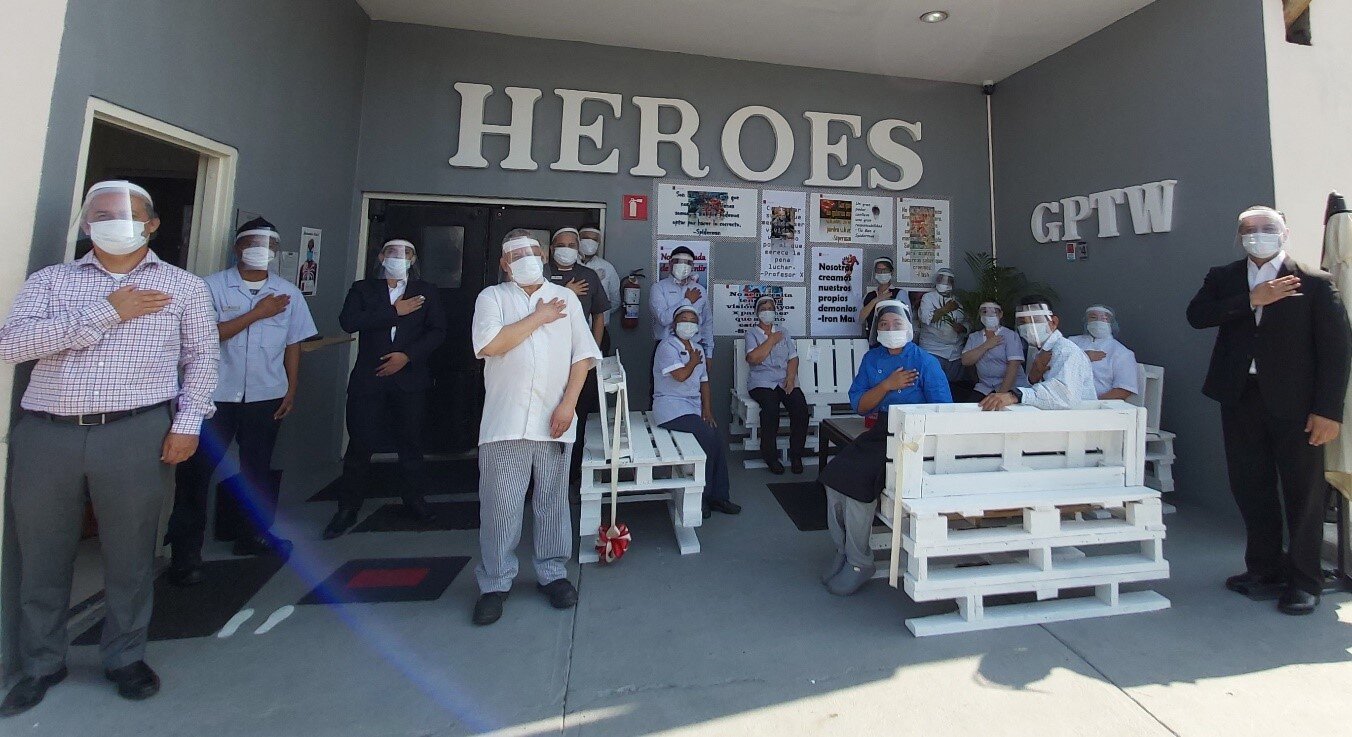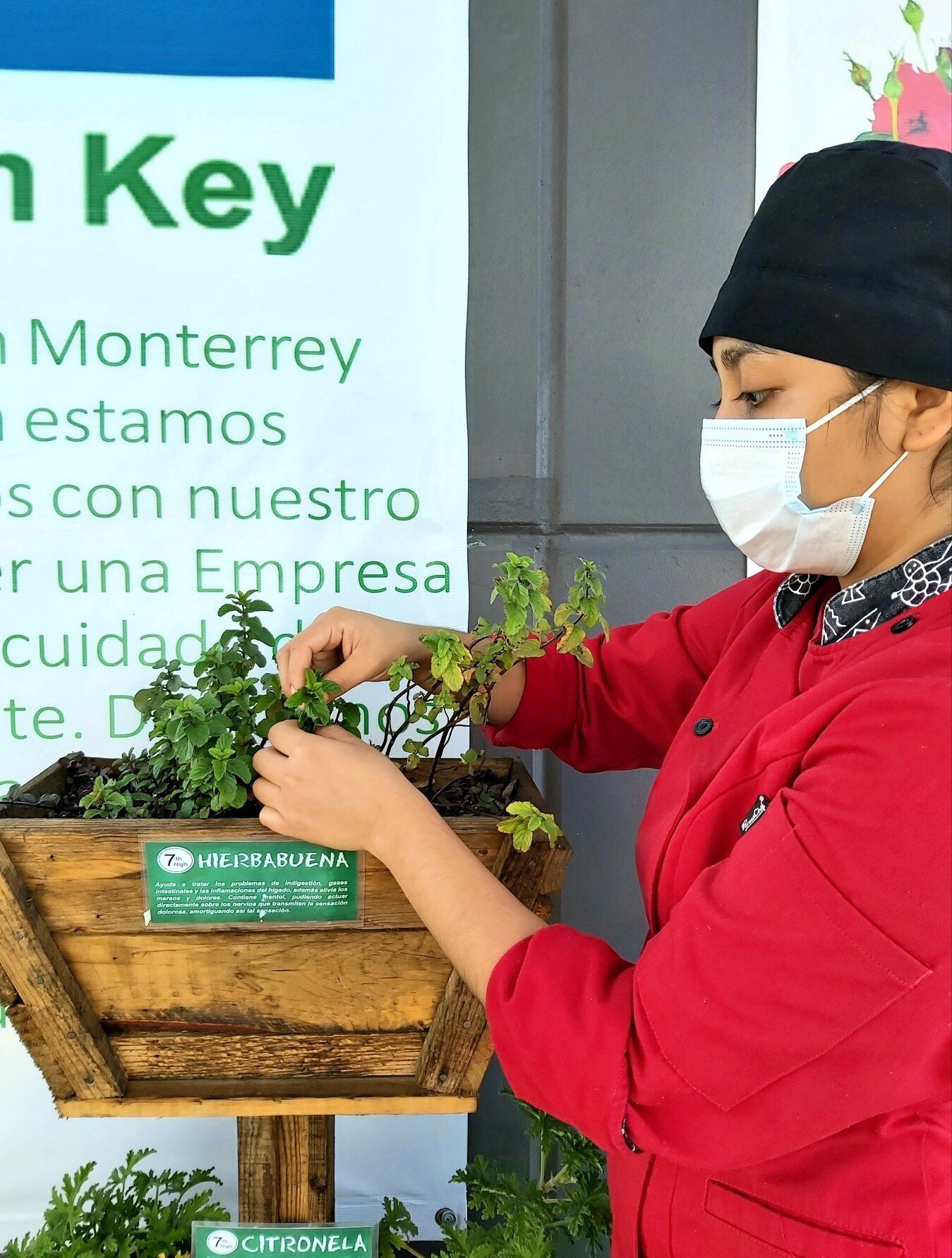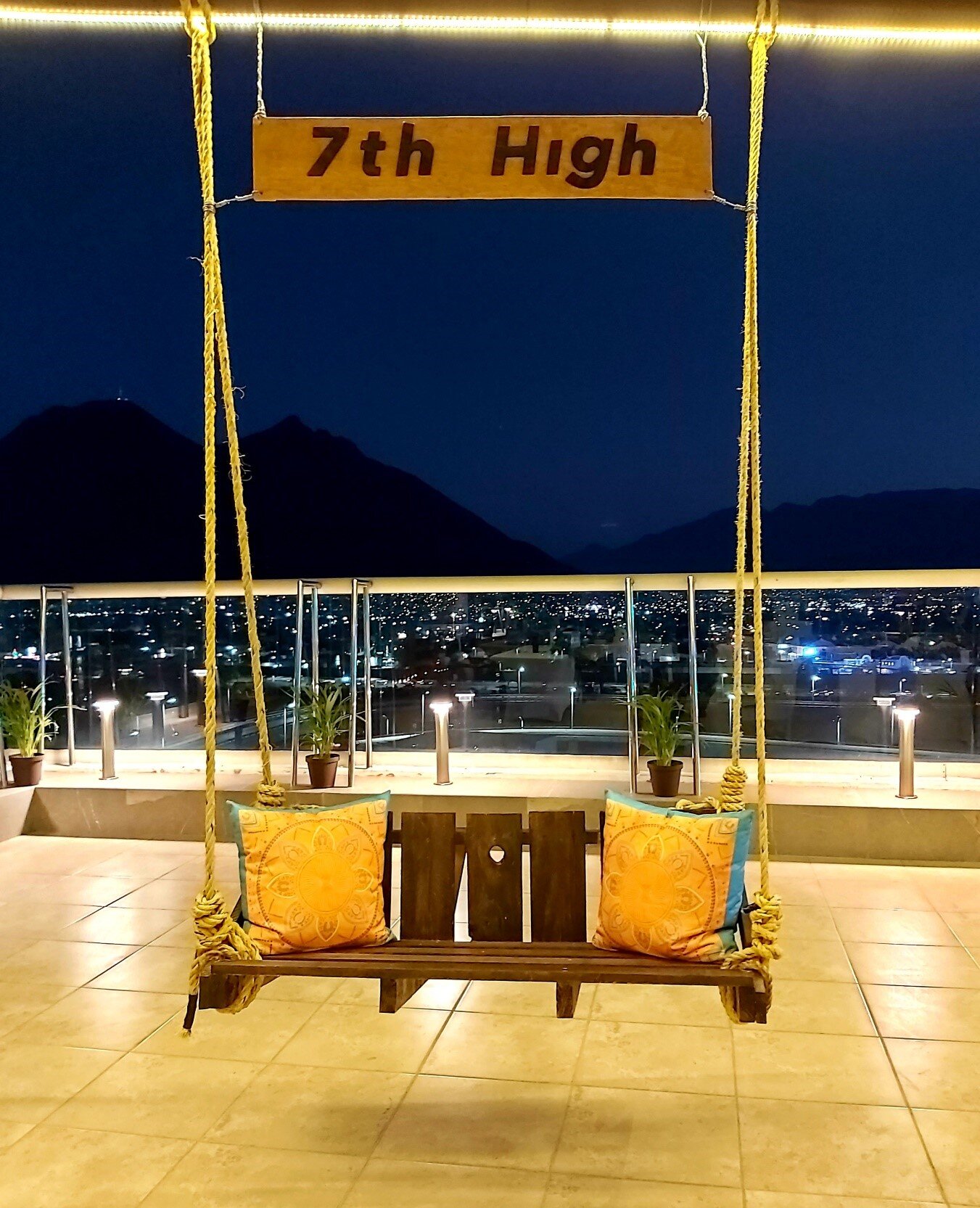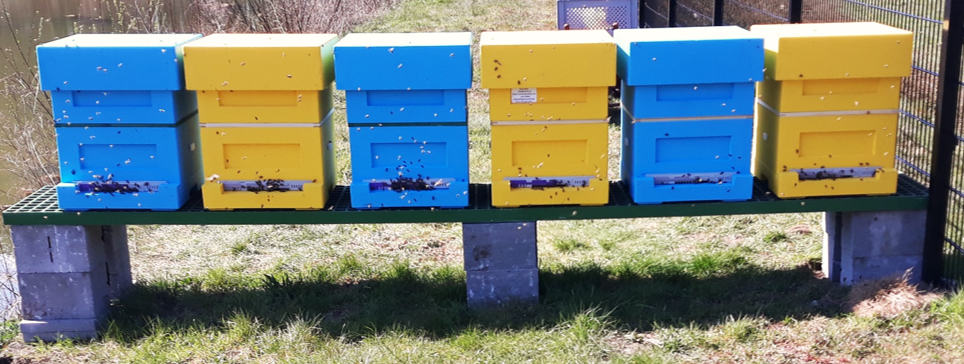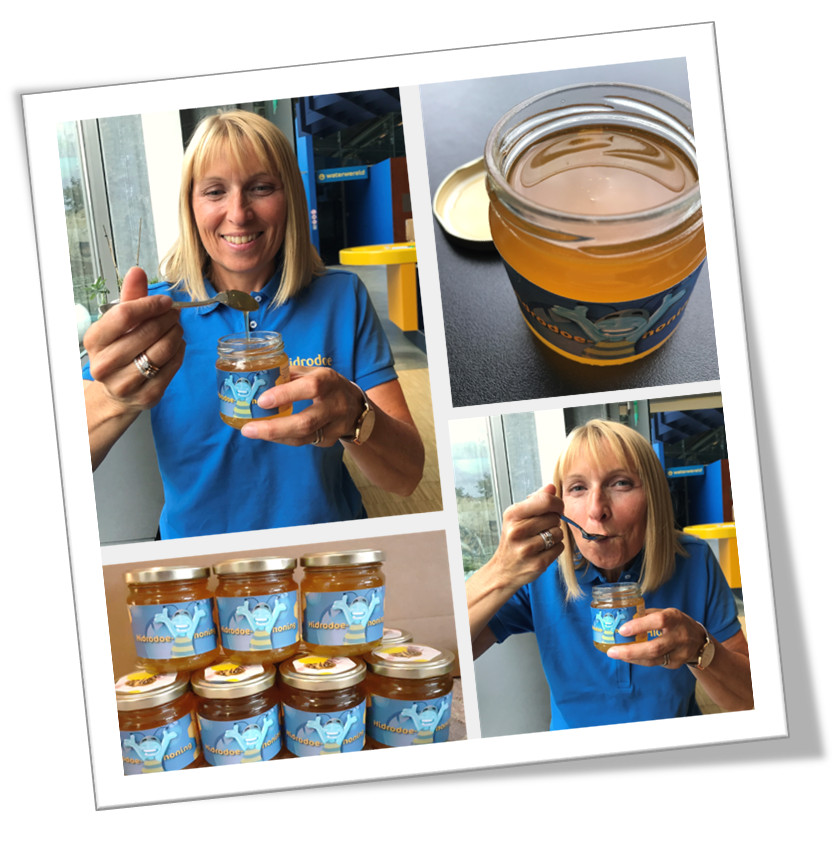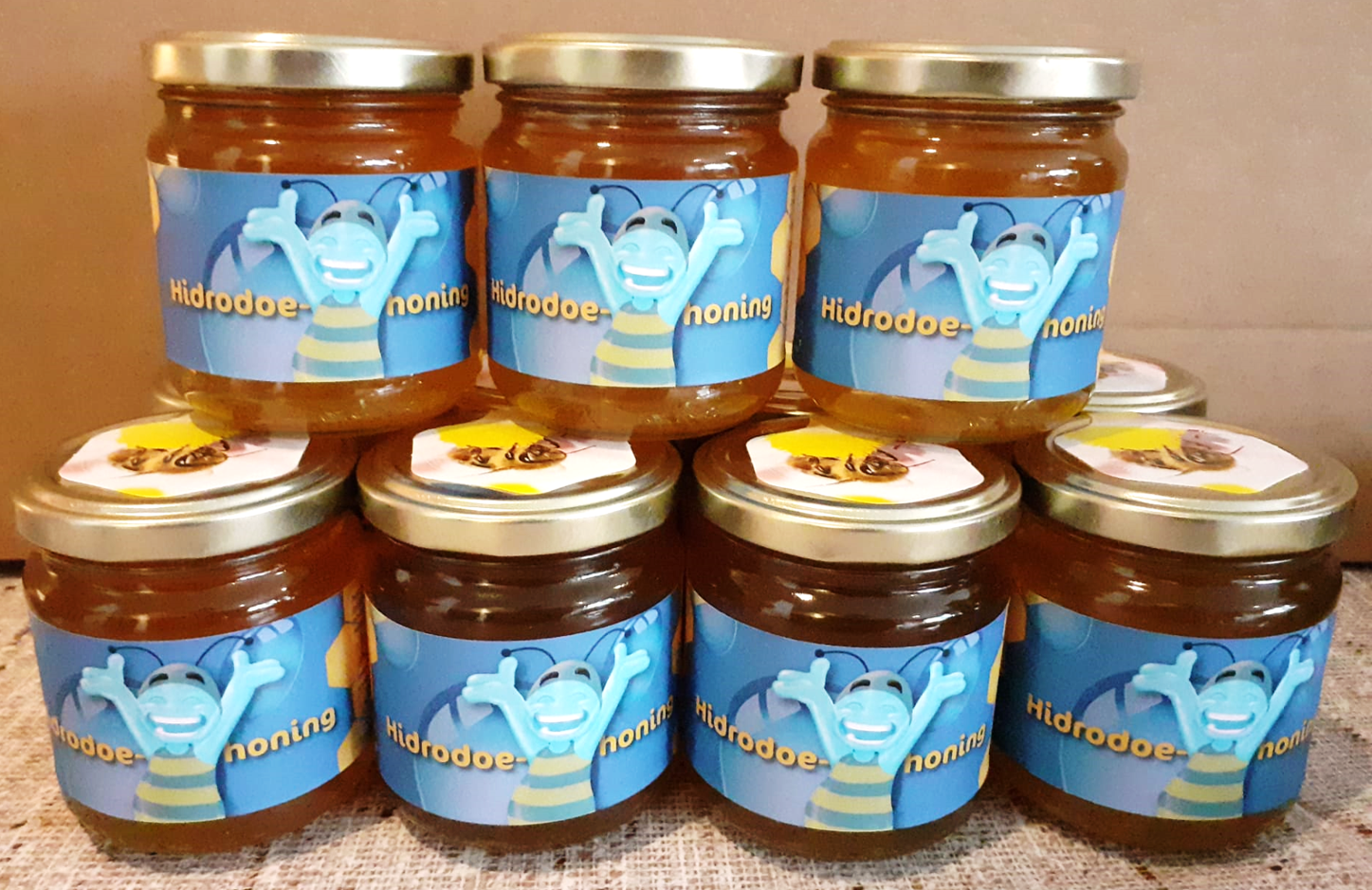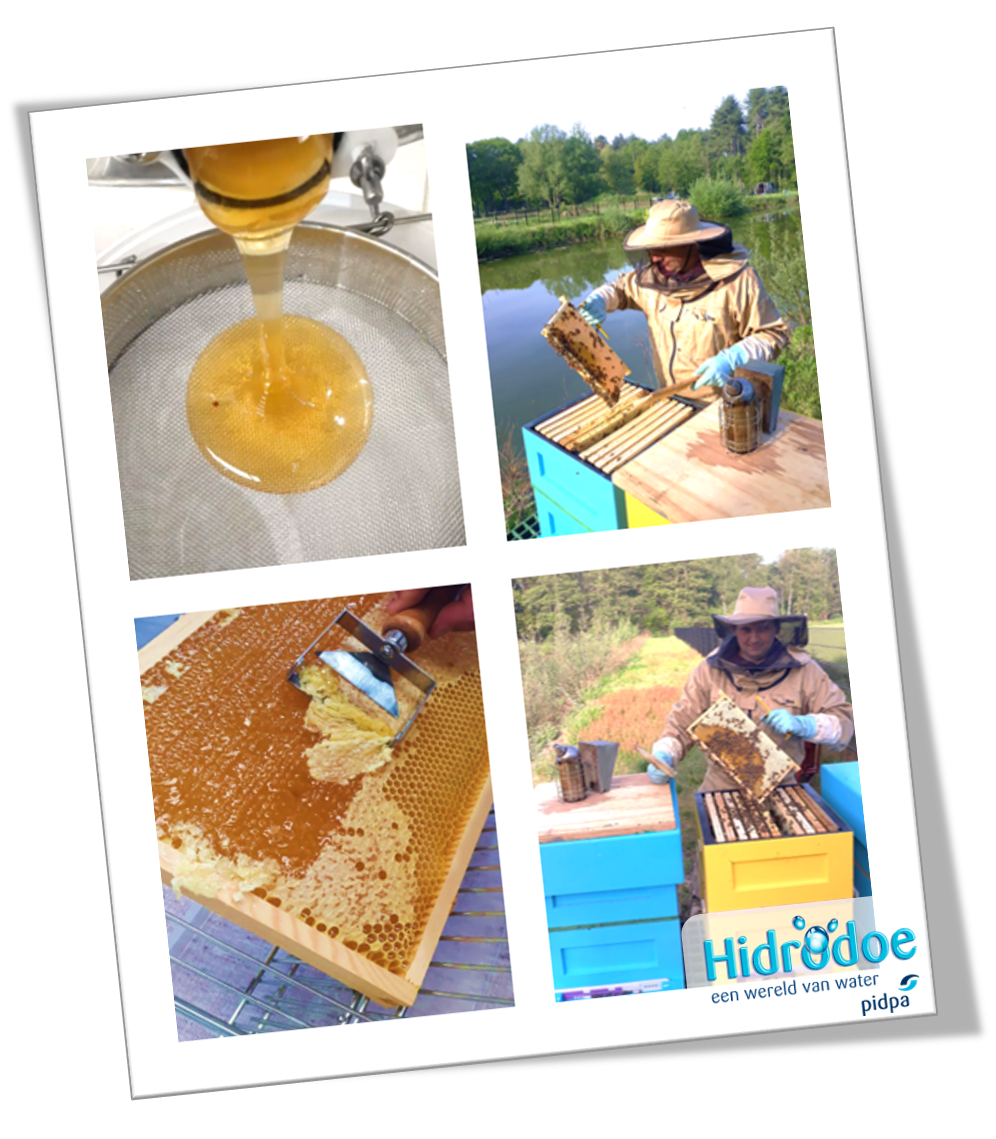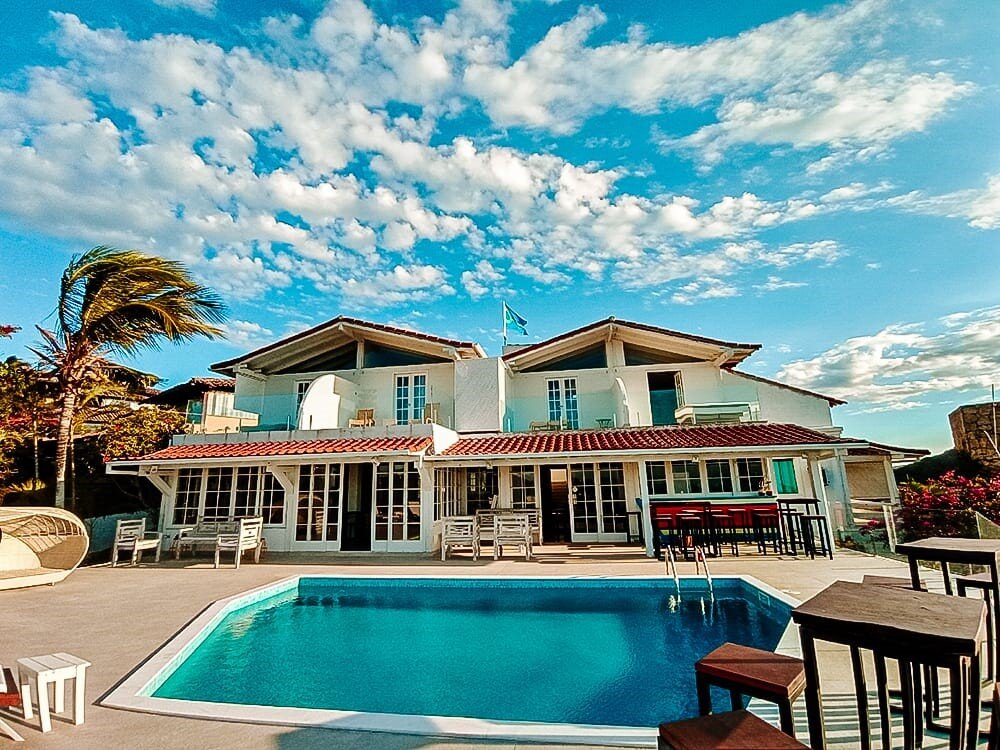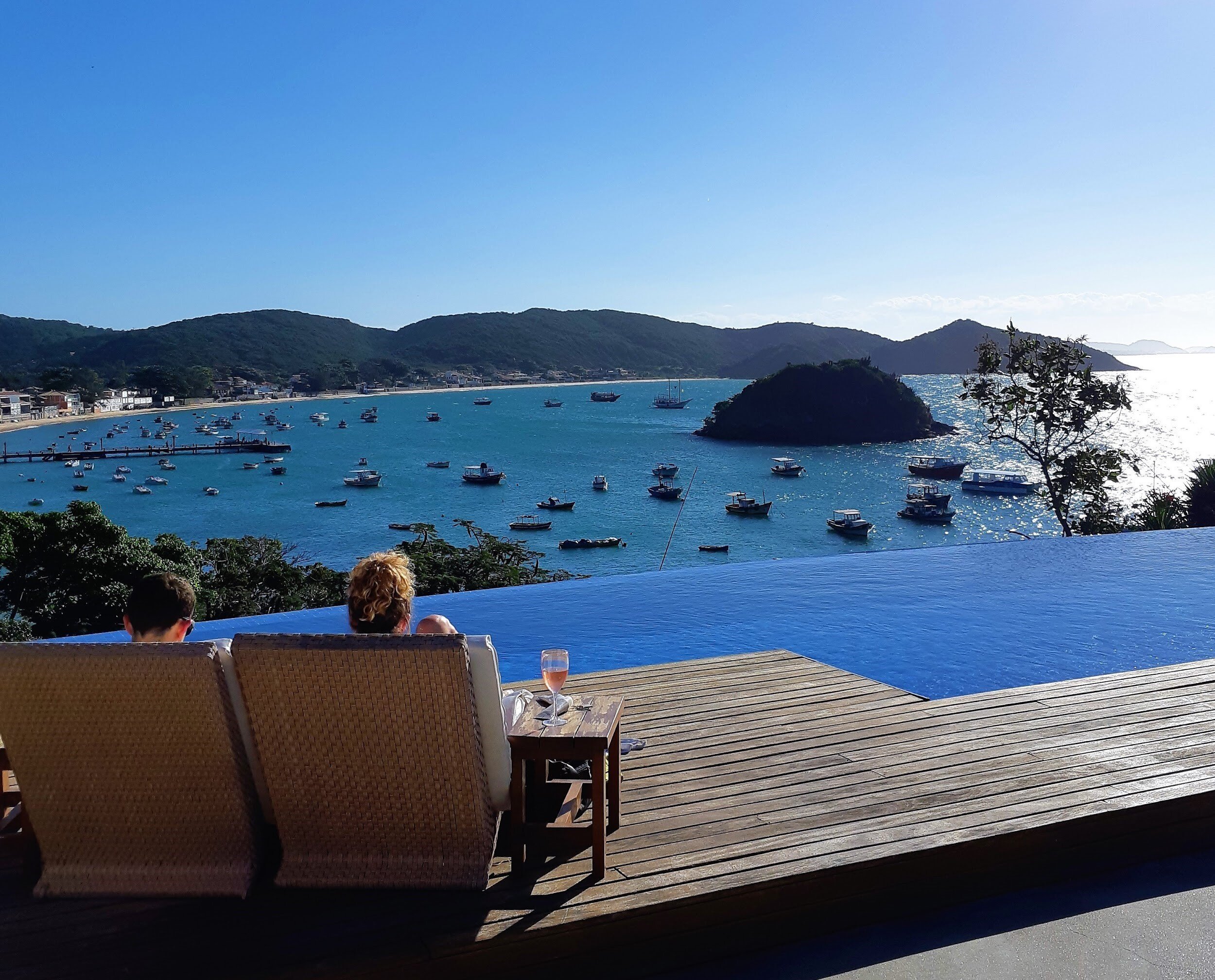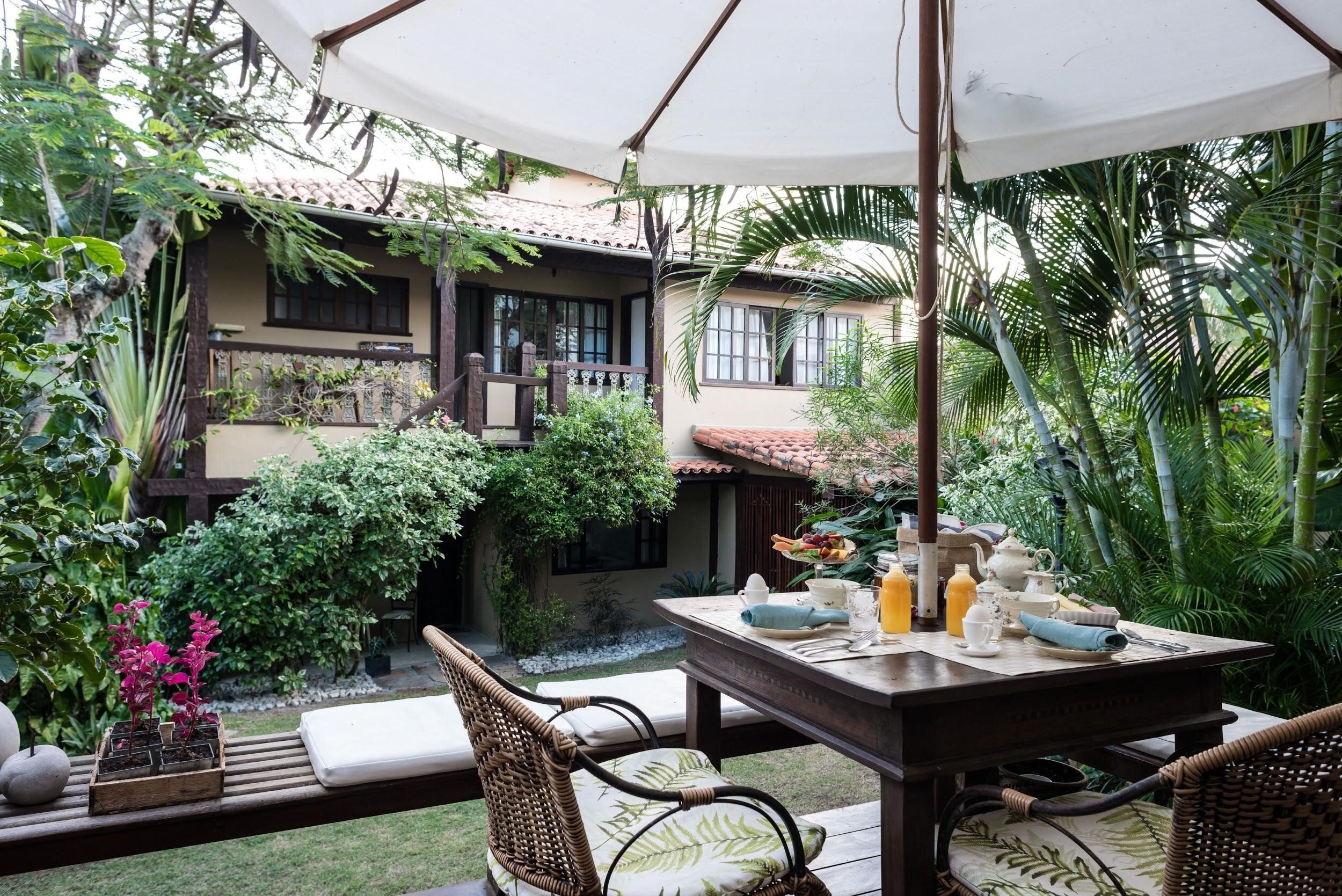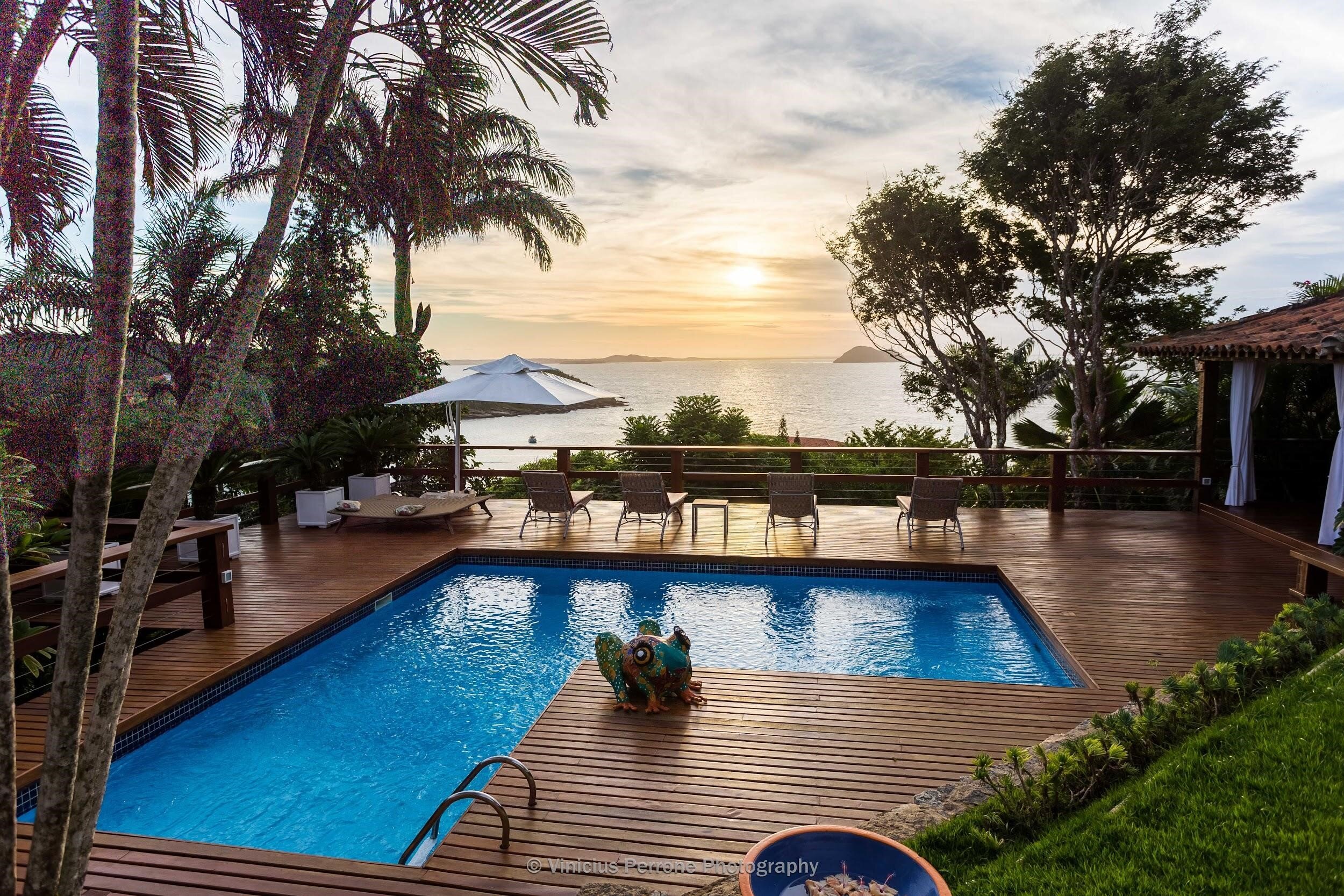Green Key International is launching a new Social Media campaign to celebrate establishments that joined the programme in 2020 despite the challenges of the pandemic, and to highlight the importance of rethinking the future of tourism and building back better. Each week, we will showcase a new establishment.
2020 was a truly challenging year for the worldwide tourism industry. From the smallest B&B to the biggest tour operator, everyone in the tourism sector was in the grip of the global COVID-19 pandemic. And although 2021 has started just as gloomy, the long-awaited vaccine gives hope that the tourism industry could soon breathe a sigh of relief.
While humankind was facing many challenges due to the pandemic, the environment got a much-needed break from our activities. From crystal clear waters in the canals of Venice to a boost in numbers of rare sea turtles in Thailand, there were plenty of stories about nature taking back her space all around the world.
When looking at tourism destinations as a whole, we also realised how important it is to maintain the diversity of social, economic and cultural activities for destinations to be more resilient and provide a better support system for local communities. Several Green Key awarded establishments showed their solidarity in these difficult times by donating food to charities and opening their doors to accommodate homeless people or healthcare workers that needed to isolate.
To ensure that these stories are not forgotten as past anecdotes of this historic event, it is now our responsibility to build on the lessons learned and ensure that we resume tourism activities with consideration for local communities and the environment.
Many establishments realised this early in the pandemic and decided to prepare themselves for the future by joining the Green Key programme and working towards meeting the criteria for the award.
While in the past pursuing a sustainability label like Green Key may have been considered an initiative for a niche segment of the tourism sector, nowadays establishments see sustainability labels as a tool to adapt to our changing world and become more sustainable and resilient for the future.
To acknowledge the efforts our newcomers made despite the challenges they faced during the pandemic, and to inspire others to start their sustainability journey towards a better tomorrow, over the course of the next weeks we will showcase Green Key awarded establishments that joined our programme in 2020.
We are kicking off this campaign with the Landal Resort Maria Alm in Austria which joined the Green Key programme in September 2020. The apartments in the resort are entirely heated through the local biomass power stations and the hotel's own hydroelectric power plant. Besides the hydroelectric power station, the resort also focuses on raising awareness and educating guests about the adequate separation of waste. For this purpose, eleven waste rooms with more than 80 waste bins, divided among ten houses, guarantee a smooth and proper waste separation.
Follow us on Facebook, Instagram and Twitter to see all featured establishments in this campaign!





